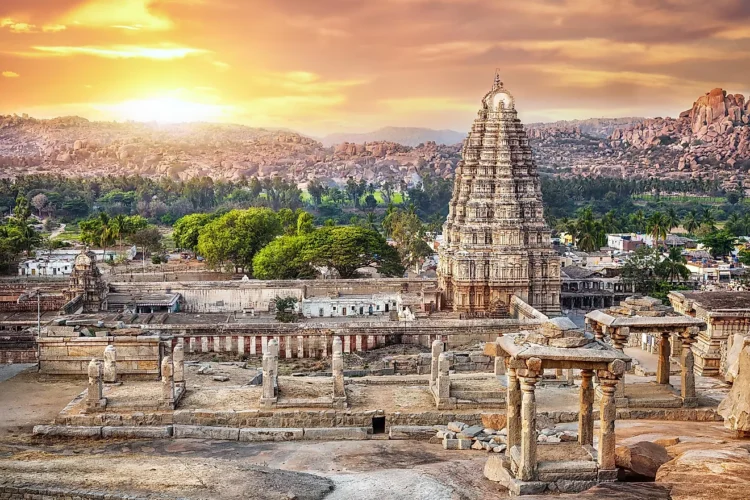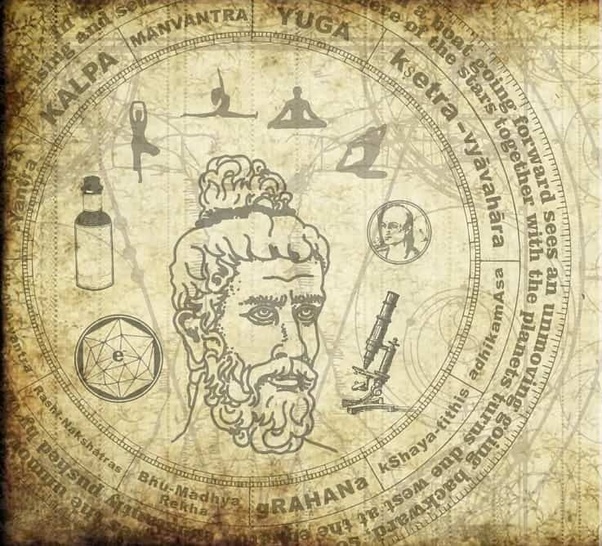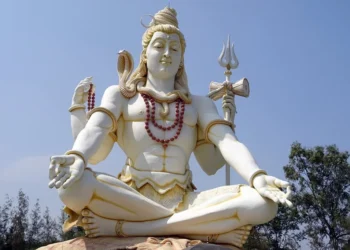Science has always been a pursuit of knowledge and understanding, seeking to explain the mysteries of the universe. In today’s world, modern science is often credited as the pinnacle of human intellectual achievement. However, when we delve into the depths of ancient civilizations, we find remarkable sophistication in their scientific approach. One such civilization is Hinduism, which encompasses a rich heritage of scientific knowledge.
Hindu science dates back thousands of years and has made significant contributions to various fields such as mathematics, astronomy, medicine, and philosophy. It embodies a holistic approach to understanding reality and delves into profound concepts like consciousness and metaphysics. Herein lies the fundamental difference between Hindu science and modern science. While modern science focuses primarily on external observation and experimentation, Hindu science incorporates both objective study and subjective introspection.
Mathematical Achievements
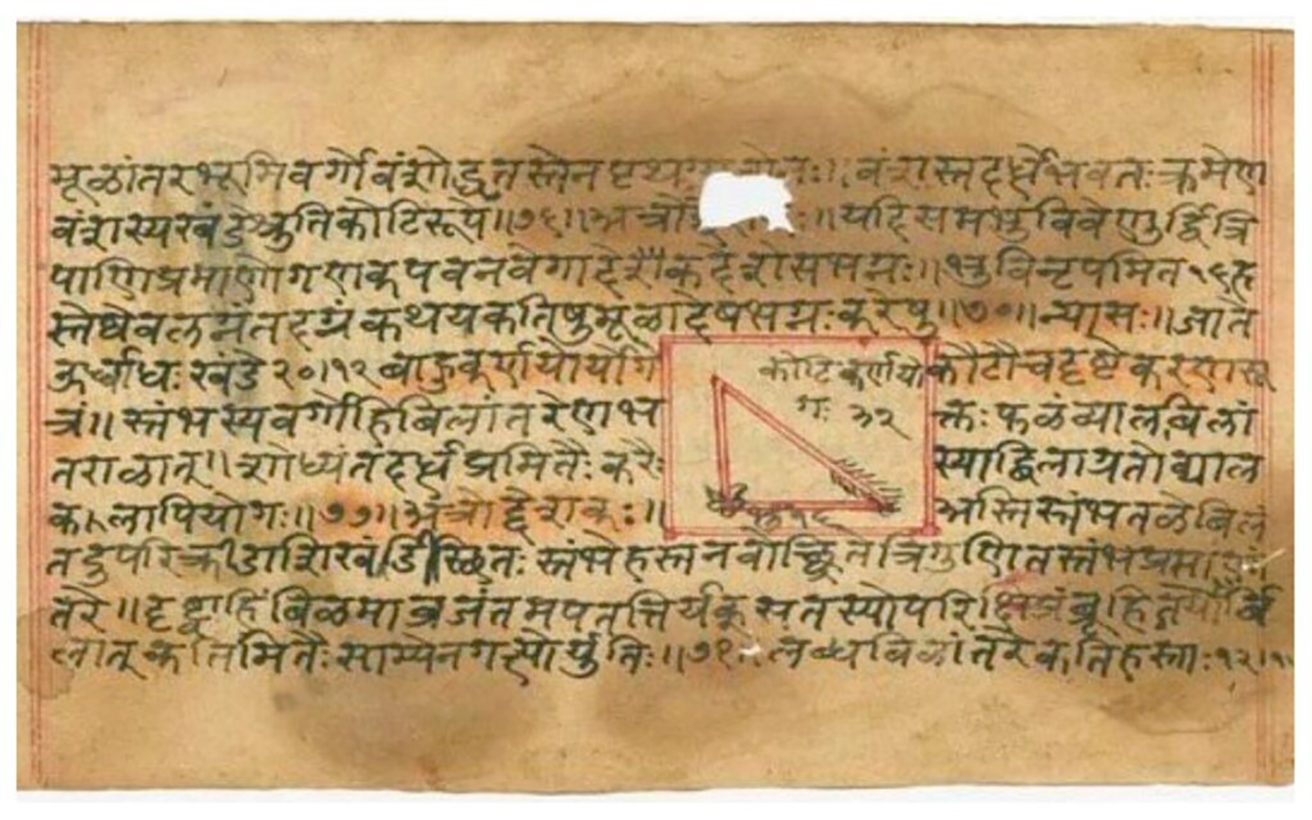
Illinois State University News
One area where Hindu science demonstrates its sophistication is in mathematics. Ancient texts like Vedanga Jyotisha describe advanced mathematical techniques for calculating astronomical phenomena with great accuracy. The concept of zero (shunya) originated from Indian mathematicians centuries before it was adopted by other cultures.
The decimal system used worldwide owes its roots to India’s contribution through Aryabhata’s work on numerical notation systems. Additionally, trigonometry flourished in ancient India through scholars like Bhaskara II who developed sine functions long before they were known in Europe.
Astronomy: Cosmic Understanding

Astronomy holds immense significance within Hindu culture because it helps unravel cosmic truths while guiding religious practices such as determining auspicious times for rituals or festivals. Ancient astronomers made remarkable observations about celestial bodies using instruments like astrolabes and sundials.
The Siddhantas (treatises on astronomy) formulated by scholars such as Aryabhata accurately calculate planetary positions over vast periods without sophisticated equipment available at present times. Furthermore, concepts like heliocentrism were proposed by ancient Hindu scientists like the Kerala school of astronomy, centuries before they were embraced by modern science.
Medicine: The Science of Healing

The ancient Indian medical system known as Ayurveda is revered for its comprehensive understanding of the human body and its healing practices. Ayurvedic texts like Charaka Samhita provide detailed knowledge about anatomy, physiology, pathology, and pharmacology.
Ayurveda emphasizes a holistic approach to health by considering physical, mental, emotional, and spiritual aspects. It recognizes the interconnectedness between humans and nature and promotes personalized treatments based on individual constitution (dosha). Modern medicine is increasingly acknowledging the significance of such holistic approaches in promoting well-being.
Philosophy: Exploring Reality
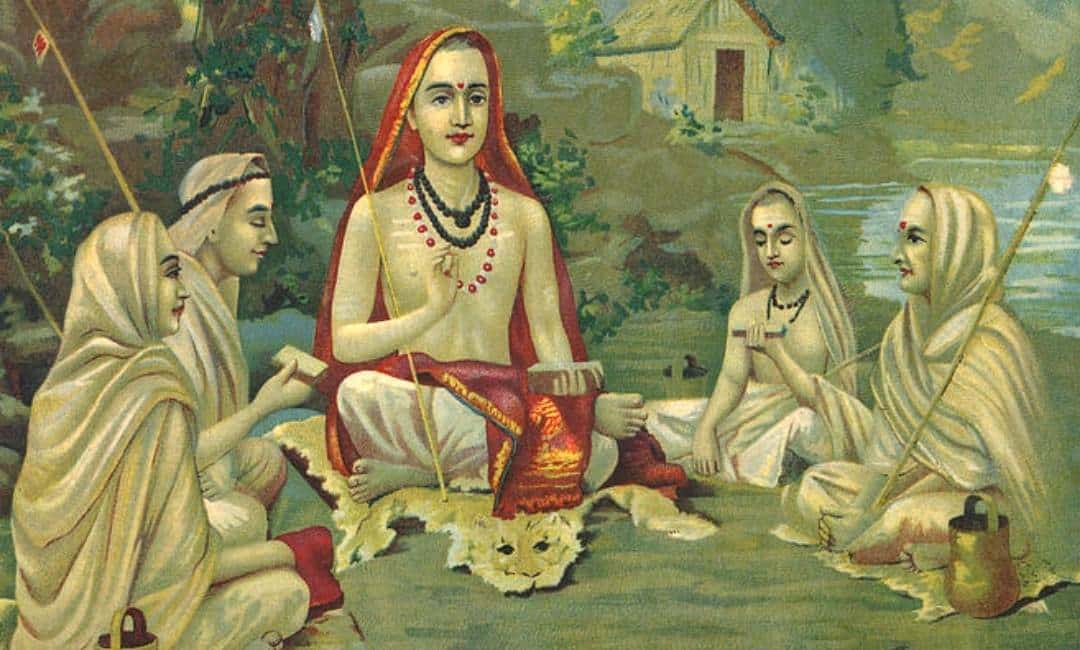
Hinduism encompasses profound philosophical concepts like Advaita Vedanta which explores the nature of reality through metaphysical inquiries. Ancient philosophers delved deep into questions about consciousness (Chit), existence (Sat), and bliss (Ananda) in their quest for ultimate truth.
These philosophical underpinnings have influenced contemporary scientific discourse around consciousness studies. Concepts like nonduality find resonance with modern physics theories exploring interconnectedness at a fundamental level.
While it would be unfair to claim one scientific tradition as superior or more sophisticated than another outright, Hindu science undeniably offers unique perspectives due to its blend of objective observation with subjective introspection. Its contributions to mathematics, astronomy, medicine, and philosophy showcase remarkable sophistication even by today’s standards.
Modern science can benefit from embracing a broader perspective by acknowledging insights from diverse traditions like Hinduism. By recognizing the interplay between objective observations and subjective experiences within our exploration of reality, we may unlock new realms of knowledge waiting to be discovered.
Follow us on Instagram, Facebook or Telegram for more updates and breaking news.


